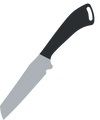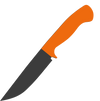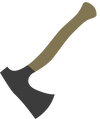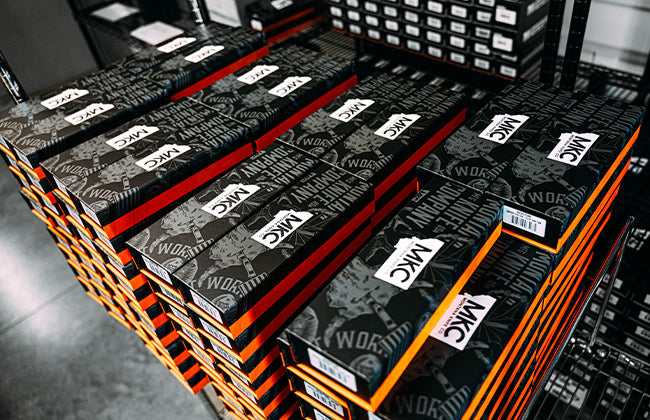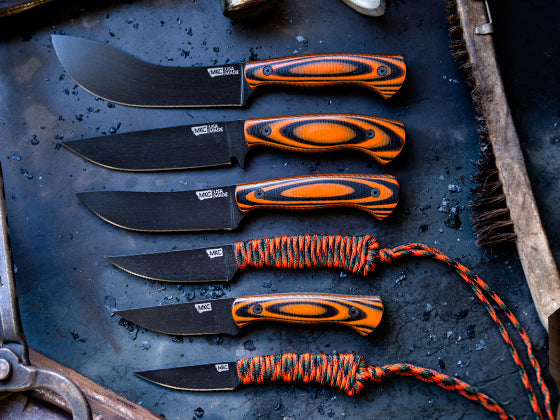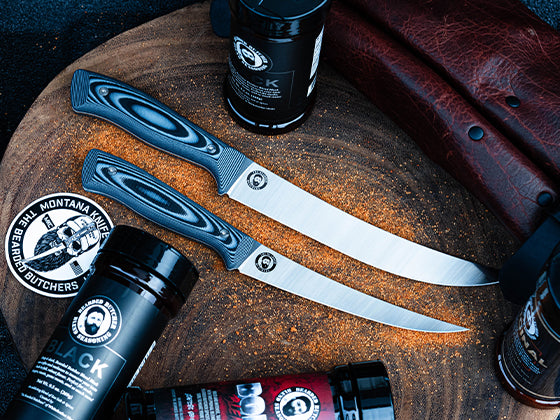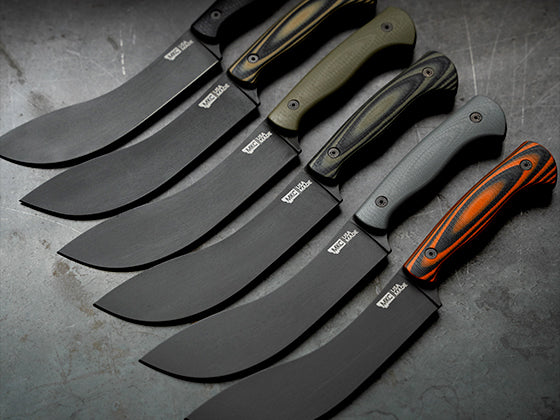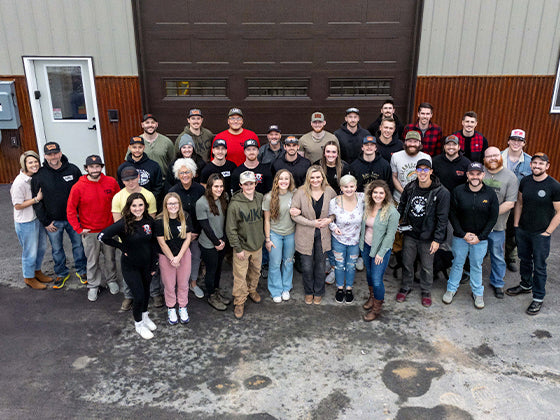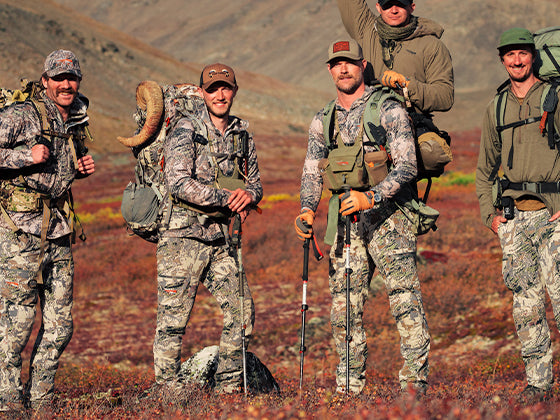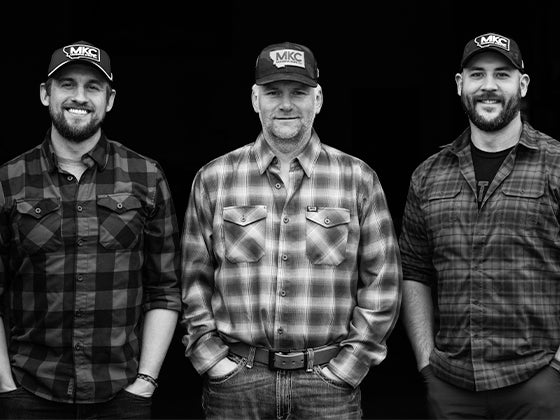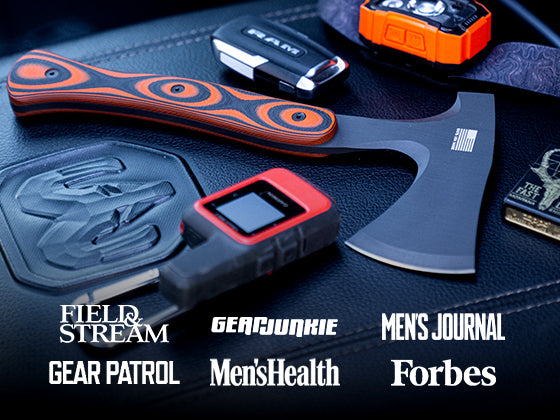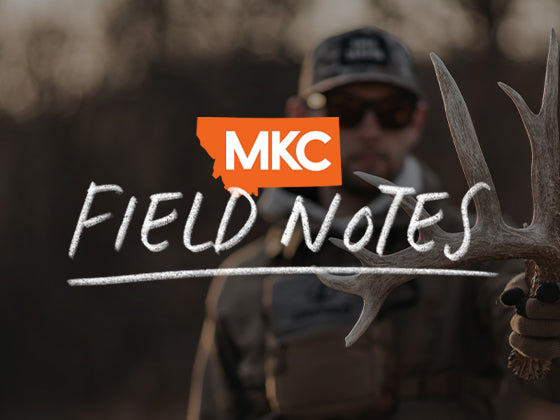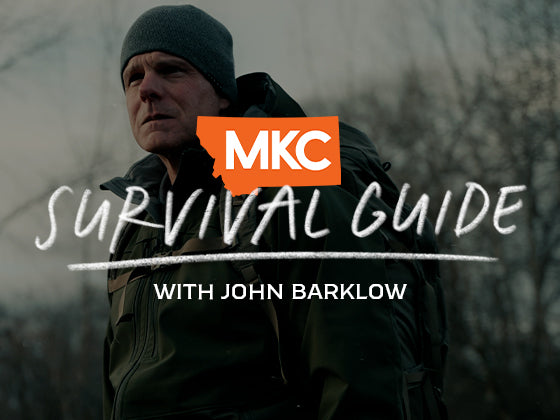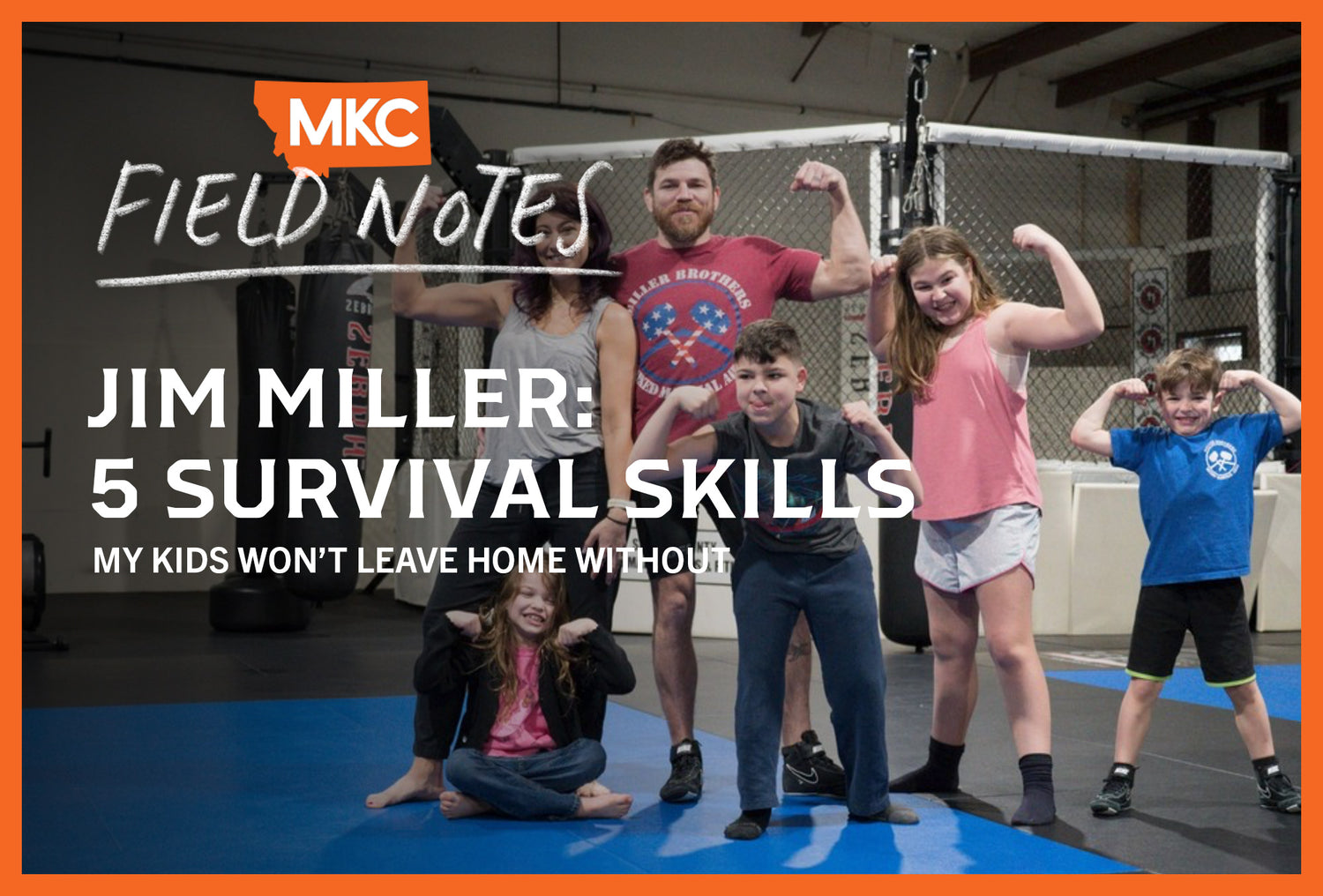My job as a parent isn’t just to protect and provide for my kids — it’s to educate them and set them up for success in the “real world.”
While new technology makes many of the skills we used to rely on redundant, there are some “old-fashioned” skills we shouldn’t abandon. Even if they might not need to use them most of the time, I teach my kids fundamental survival skills.
While I hope my kids never need to start a fire with a bow drill, emergencies happen, and I want them to be prepared. Plus, learning survival skills teaches problem-solving and self-reliance. The day may come when they don’t have access to the technology that makes those tasks easier.
I treat fighting the same way: Rather than learning flashy techniques, I focus on the fundamentals. While I might not use basic skills very much during a fight, I use them as building blocks to make smart decisions in the heat of the moment.

My Kids’ First Survival Skill: Swimming
Swimming is one of the most important skills for humans to learn.
Water is universal. So is its risk. I fight for a living and teach self-defense, and I think water is a much more dangerous (and prevalent) enemy than a bad actor.
When my kids were young, I signed them up for swim lessons. Whenever we’re in the ocean or on a lake, I challenge them to push their limits. I want them to get comfortable being in uncomfortable situations.
Now, my older two children are like fish — they can outswim me any day.
My Kids’ Second Survival Skill: Direction
I want to instill an innate sense of direction in my kids.
This doesn’t just mean having a strong sense of navigation — it means being able to pay attention to your surroundings. When you’re lost, the sun’s position, the noises you hear, and your surrounding markers can help you determine your location and return to familiar territory.
In the ’80s and early ’90s, my siblings and I often explored the woods without an adult, sometimes miles away from home. There were no cell phones back then, and no one knew exactly where we were. We always found our way back home because we learned to navigate those woods over time.
Today, that skill comes in handy both in the woods and in unfamiliar cities and towns.
Some people just don’t have a strong sense of direction, often because they never learned that skill. It’s not just an innate feeling — it’s about being present and paying attention to your surroundings. Learning how to do that when you’re young is advantageous.
When my kids and I are in the woods, I always ask them where we are and how to get home. I don’t want them hiding their heads in their phones and ignoring their surroundings.
My Kids’ Third Survival Skill: Knife Skills
I’m a knife guy. I have the scars on my fingers to prove it.
I use many dangerous tools in the woods and on the farm, and I don’t hide that from my kids. Knives are dangerous, and developing respect for them and building safe handling skills are the best ways to prevent accidents.
I’m always proud to hear my kids call out other family members for unsafe knife handling. My dad is a common target — when we eat steak, he sometimes hands out knives with the blade facing out, and they tease him about it. My kids know the safest way to pass a knife is to hold the blade and offer the handle. They also know to cut away from their bodies and keep appendages out of the way.
I sometimes let my kids experiment and play with knives while supervised. Three of them have helped me butcher deer, and we’ve had no serious accidents so far — just minor, self-inflicted nicks.
Being hands-on has helped them develop a deep respect for knives. The same goes for taking them to the range. Instead of paper, I have them shoot old beer bottles and cans — items that show just how much damage a dangerous tool can do.
My Kids’ Fourth Survival Skill: Starting a Fire
Building a fire is one of the most fundamental wilderness survival skills. If you can build a fire, you can survive almost anywhere. A fire allows you to cook food, purify water, keep predators away, and stay warm.
My kids and I build fires together, and I try to make it challenging for them by focusing on primitive techniques like gathering tinder and shavings.
I like to use a ferro rod, so finding easy kindling is important. Too many people overlook these techniques, even when using modern lighters. Even with a lighter or ferro rod, if the tinder or fuel isn’t suitable, you might end up with a weak, wet fire.
It’s important to respect fire, even if you use modern tools to start it. Fire can be dangerous, so controlling and containing it is a crucial skill my kids are learning.
My Kids’ Fifth Survival Skill: Knots
In my spare time, I fix up my property, especially my old garage. The roof was collapsing, so I asked my son to help me secure a tarp over the top.
He’s already learned a few knots, like the bowline, and I showed him the trucker’s hitch that day. After practicing it a few times, he could replicate it without help.
Knowing how to tie a knot might not save your life, but it can come in handy, especially for securing lines and tying items together.
Knots don’t require any special gear — just cordage, which is easy to keep on your person. Many knots serve similar purposes, so you only need to learn a few to start.
Final Thoughts on My Kids’ Survival Skills
The fastest way to learn a new skill is by teaching it.
You don’t need to be an expert to teach your kids — learning with them helps you retain that knowledge. If you want your kids to learn skills you weren’t taught, don’t be afraid to step in and start a new tradition.
Our modern conveniences are extremely new to the human race. We were on the planet for a long time without technology, and the “obsolete” skills we honed over the centuries are still valuable today.
It doesn’t matter whether you learn survival skills to prepare for the worst or to exercise your critical thinking muscle. It’s important either way — especially if it helps you bond with your children.

by Jim Miller, UFC Fighter, Hunter, and Homesteader








